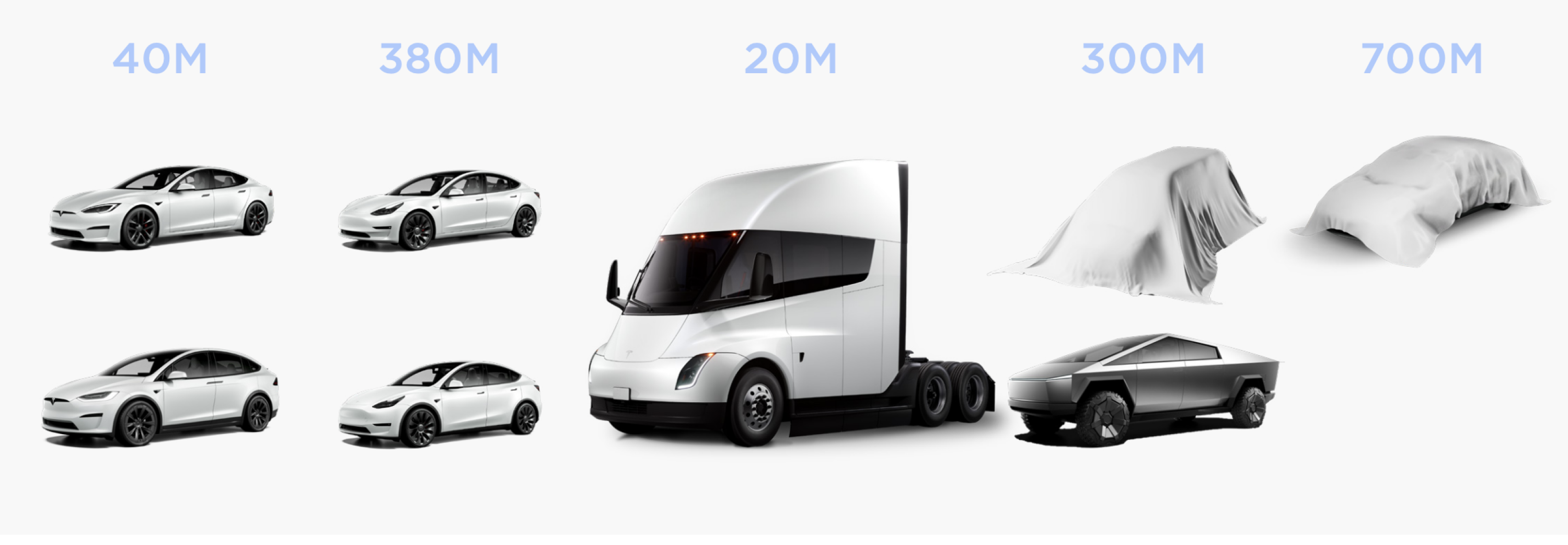
Tesla will widen its electric vehicle portfolio across a variety of segments, as it works to stay competitive in an increasingly crowded market.
Snapshot
- Tesla electric van, bus, urban truck planned
- u2018Model 2u2019 will have 53kWh LFP battery
- Seemingly confirms LFP for Model 3, Model Y Long Range and Performance coming
The world’s most popular EV maker detailed in its ‘Master Plan Part 3’ report that it plans to introduce a commercial and passenger van, passenger bus, and short-range urban truck.
Tesla electric van and people-mover
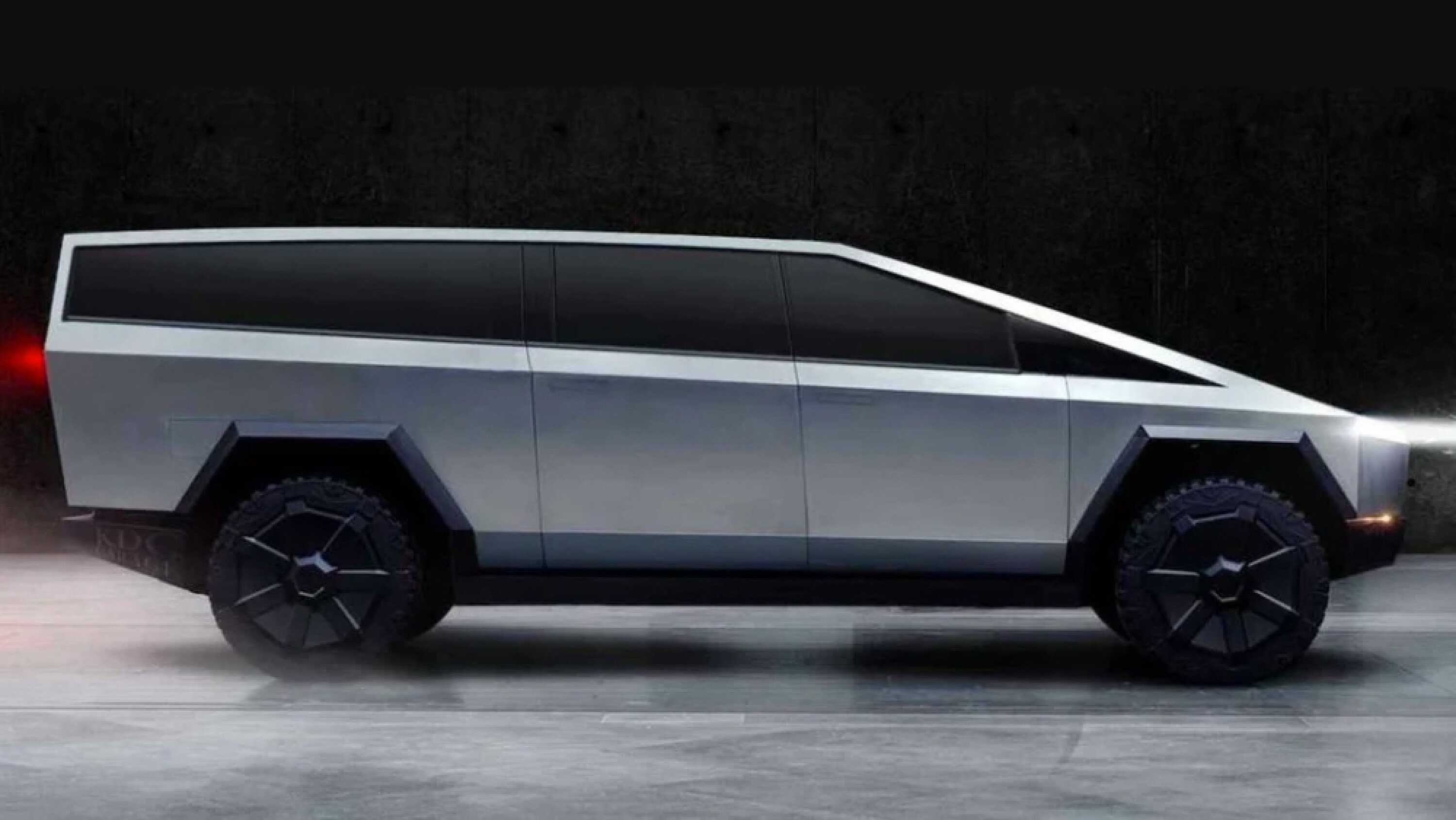
Tesla’s all-electric commercial and passenger van models will use a high nickel-based 100kWh lithium-ion battery, and the company targets selling 163 million units globally (by an undefined time).
It will be Tesla’s all-electric answer to combustion-powered models like the Hyundai Staria and Staria Load, and was previewed by a covered silhouette at its Investor Day event last month.
The battery pack adopts a nickel-manganese cathode that has a longer range and higher energy density, with low to zero environmentally-unsustainable cobalt materials used – likely suggesting nickel-manganese cobalt (NCM) or nickel-cobalt-aluminium (NCA) respectively.
Tesla electric bus
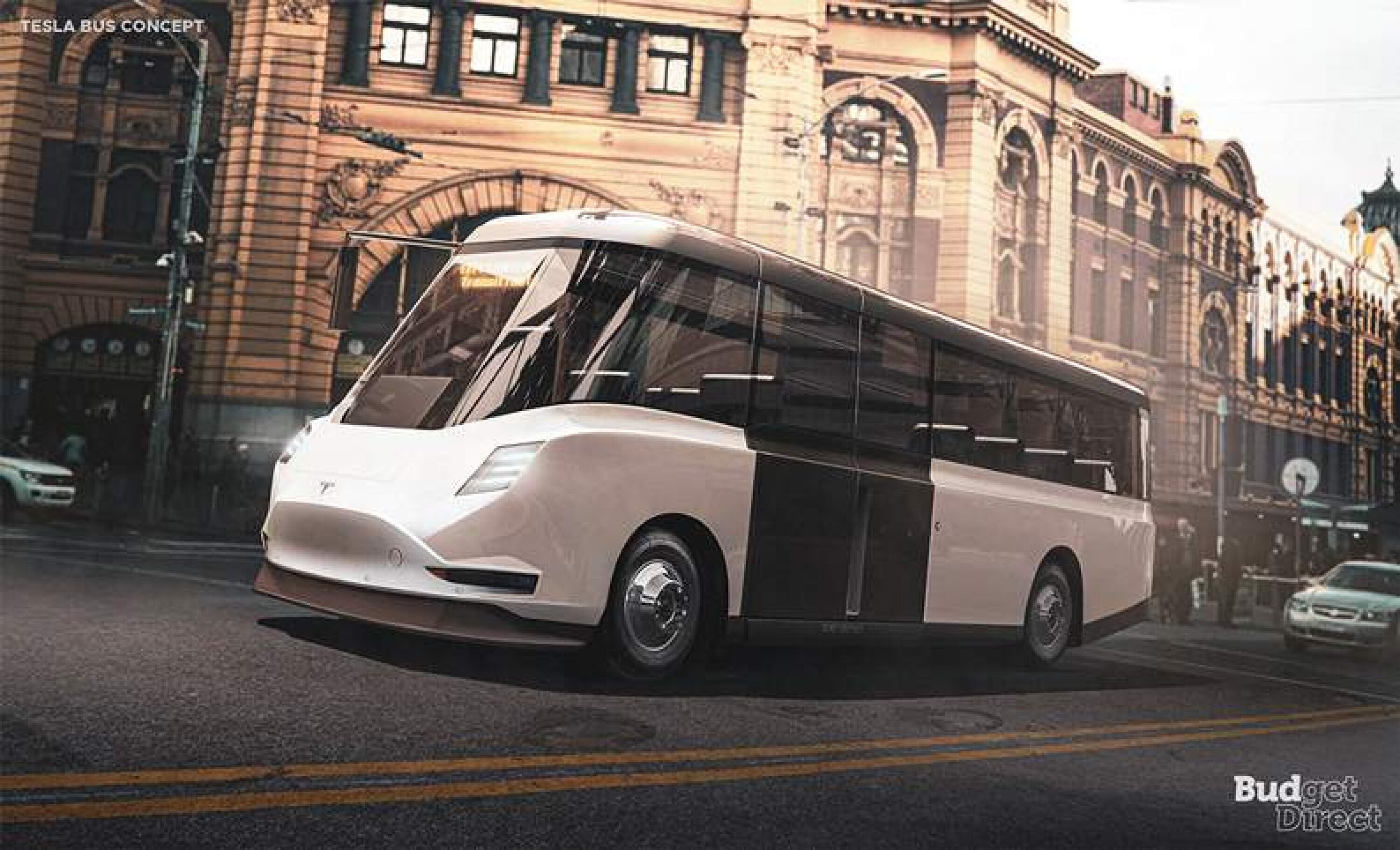
The Tesla electric bus will boast a lower energy-dense 300kWh lithium-iron-phosphate (LFP) battery, with five million units in projected global sales.
It will directly rival Build Your Dreams (BYD), which currently dominates the electric bus market, with services already running on Sydney, Melbourne and Brisbane roads.
Tesla Semi Light truck
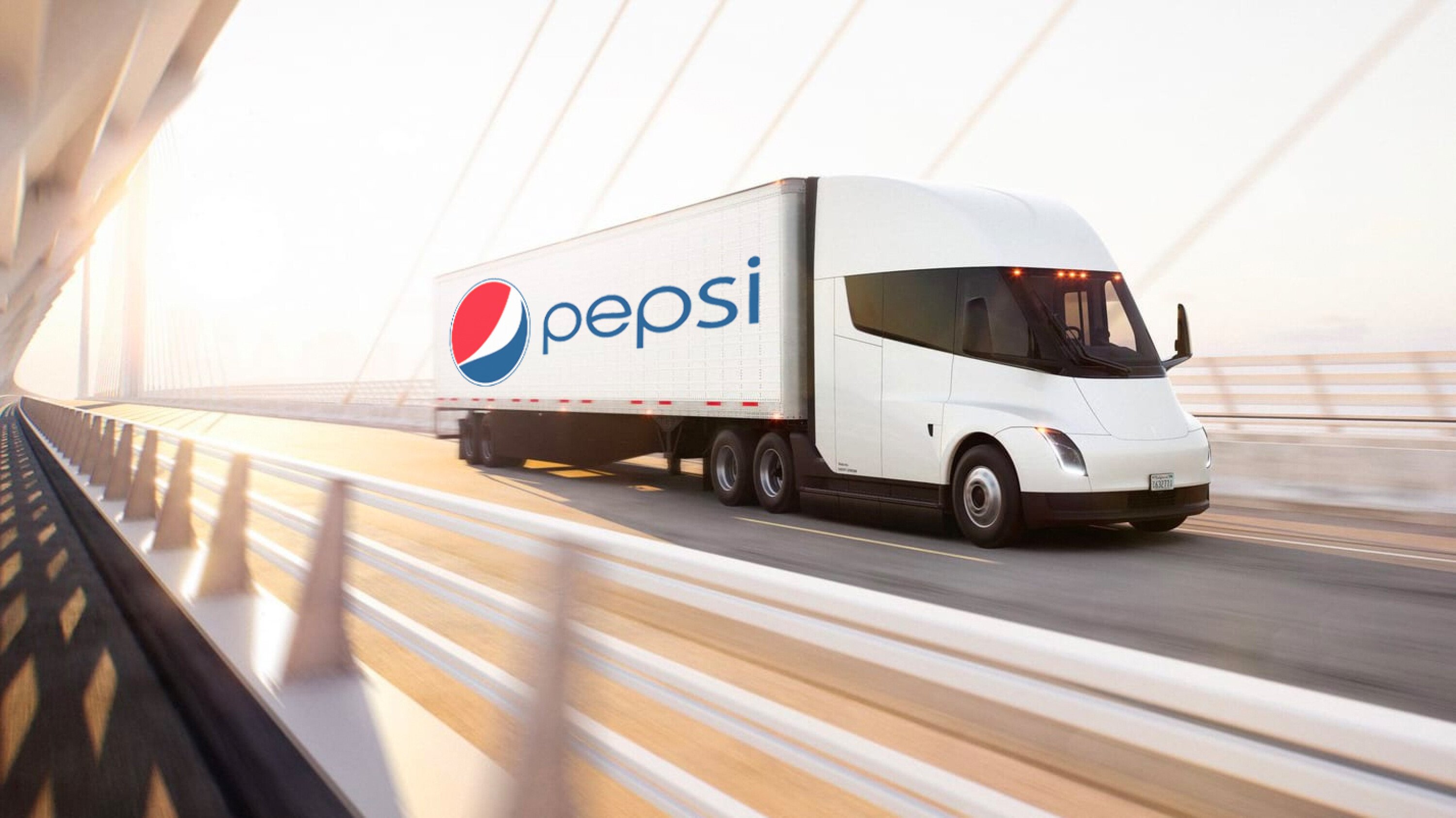
Lastly, the short-range heavy truck will use a larger 500kWh LFP battery, with 6.7 million units expected to be sold globally.
It will be called the Tesla Semi Light and complement the existing Semi Heavy electric truck currently being rolled out in the US, which packs a high nickel-based 800kWh lithium-ion battery.
This model is of course unrelated to the constantly delated Cybertruck, which is positioned as more of a lifestyle pickup with a futuristic edge.
Tesla Model 2 coming at last?
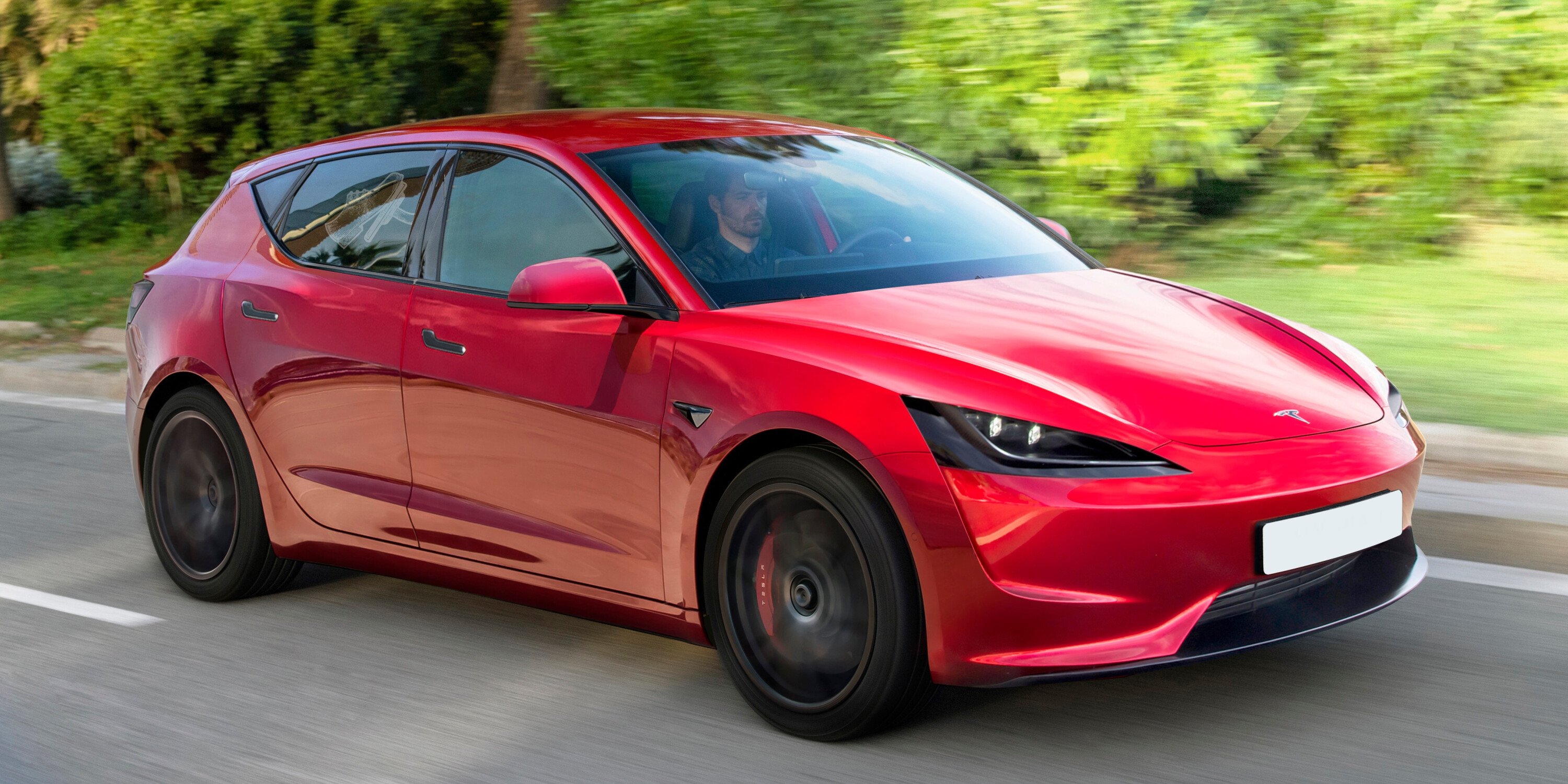
Tesla also confirmed a ‘compact’ electric car – most likely the expected US$25,000 ‘Model 2’ third-genEV is coming, with exactly 686-million global sales targeted over its lifetime.
That model will feature a 53kWh LFP pack. Meanwhile, the report states the ‘midsized’ Model 3 sedan and Model Y SUV has a 75kWh battery, but based on the LFP chemistry.
According to EV Database, Long Range and Performance variants of both models currently use a nickel-manganese-cobalt (NMC) pack instead – and seemingly confirms reports of Tesla shifting to LFP that could offer up to 700 kilometres of driving range.
Currently, only the base rear-wheel drive (RWD) versions use the longer-lasting LFP battery.
It’s also the first time the company has officially confirmed the battery pack sizes on the two popular EV models.
The Model 3 and Model Y continue to dominate the EV sales charts and new car sales overall.
Latest figures from March place the Tesla Model 3 electric sedan as the third best-selling new car so far in 2023 (7238).
May 2023: Model 2 teased at last! We think…
Is this image, shown during a recent shareholder call, our first look at the Model 2? Musk’s comments during the call suggest it is.
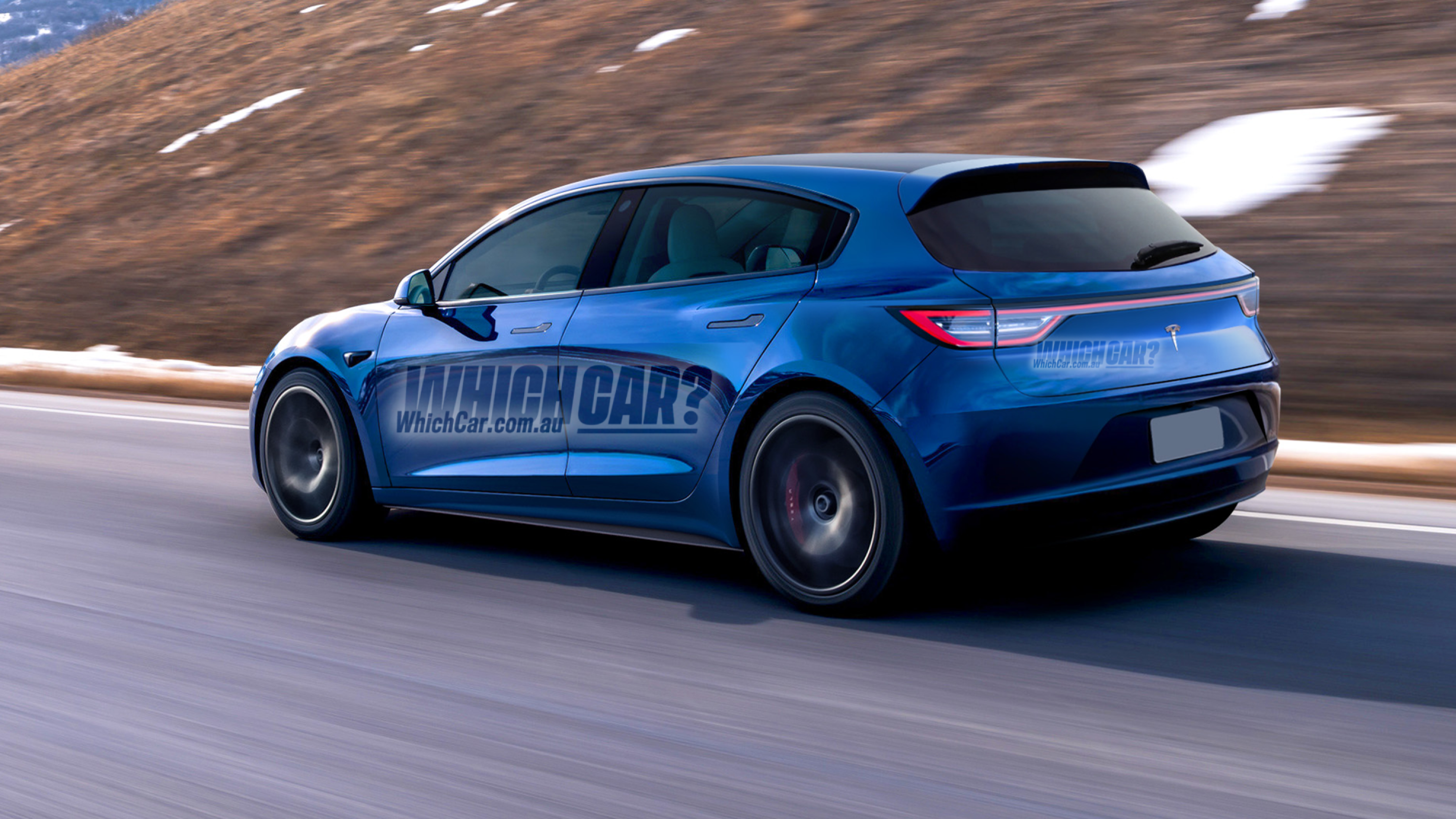
April 2023: Could the Model 2 look like this?
Based on what we’ve seen of the updated Model 3, we wonder if the upcoming Model 2 will look like this…
More EV stories to help you choose the best car for your needs
- EV news, reviews, advice & guides
- Short & sweet: Your EV questions answered
- New EVs: Everything coming to Australia
- Australia’s EVs with the longest driving range
- Best-value EVs by driving range
- How much do EVs cost in Australia?
- How much more expensive are EVs?
- Number crunching: Is it time to switch to an EV?
- Should you buy a used EV?
- Are EVs more expensive to insure?
- Costs compared: Charging an EV vs fueling a car
- EV charging guide
- EV servicing explained
- EV battery types explained
- When do EV batteries need replacing?
- Hydrogen v EVs: What’s best for Oz?
MORE advice stories to help you with buying and owning a car
We recommend
-
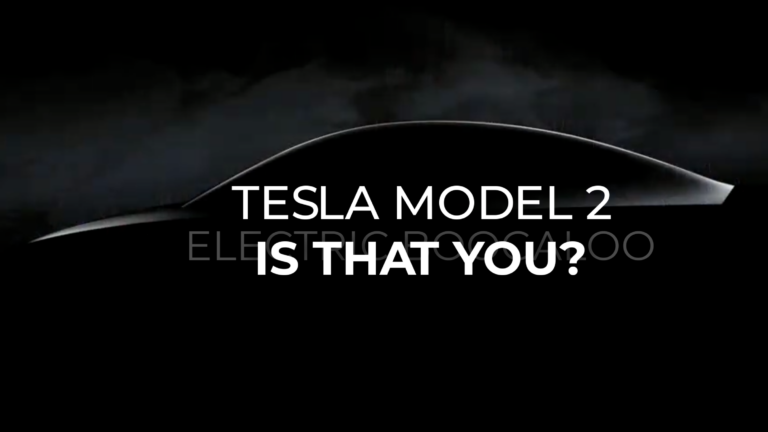 News
NewsTesla 'Model 2' teased, big reveal expected soon
Musk has teased the much-anticipated Tesla ‘Model 2’ EV for the second time.
-
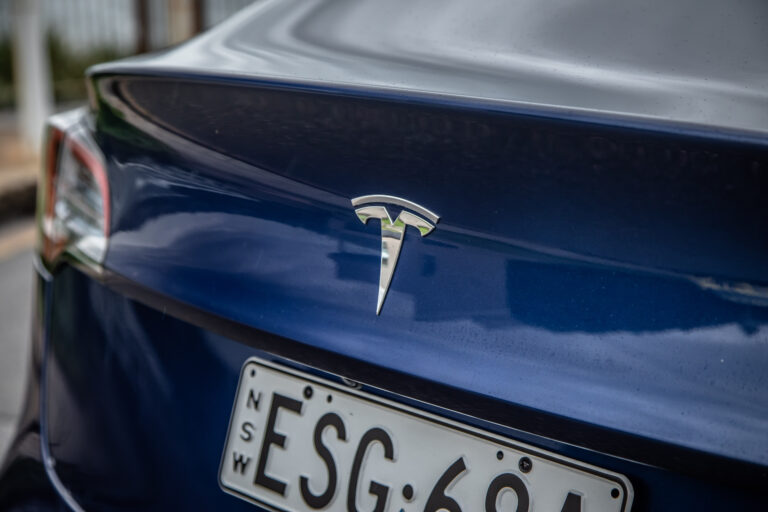 News
NewsTesla small car back underway, set to outsell all current models
Tesla’s next-generation EV platform is on the way, according to Elon Musk
-
 News
NewsTesla Semi: First customer Pepsi will take delivery in December, Musk says
The Cybertruck might be delayed, but the Tesla Semi truck is now expected to hit the road in December – carrying Pepsi deliveries




